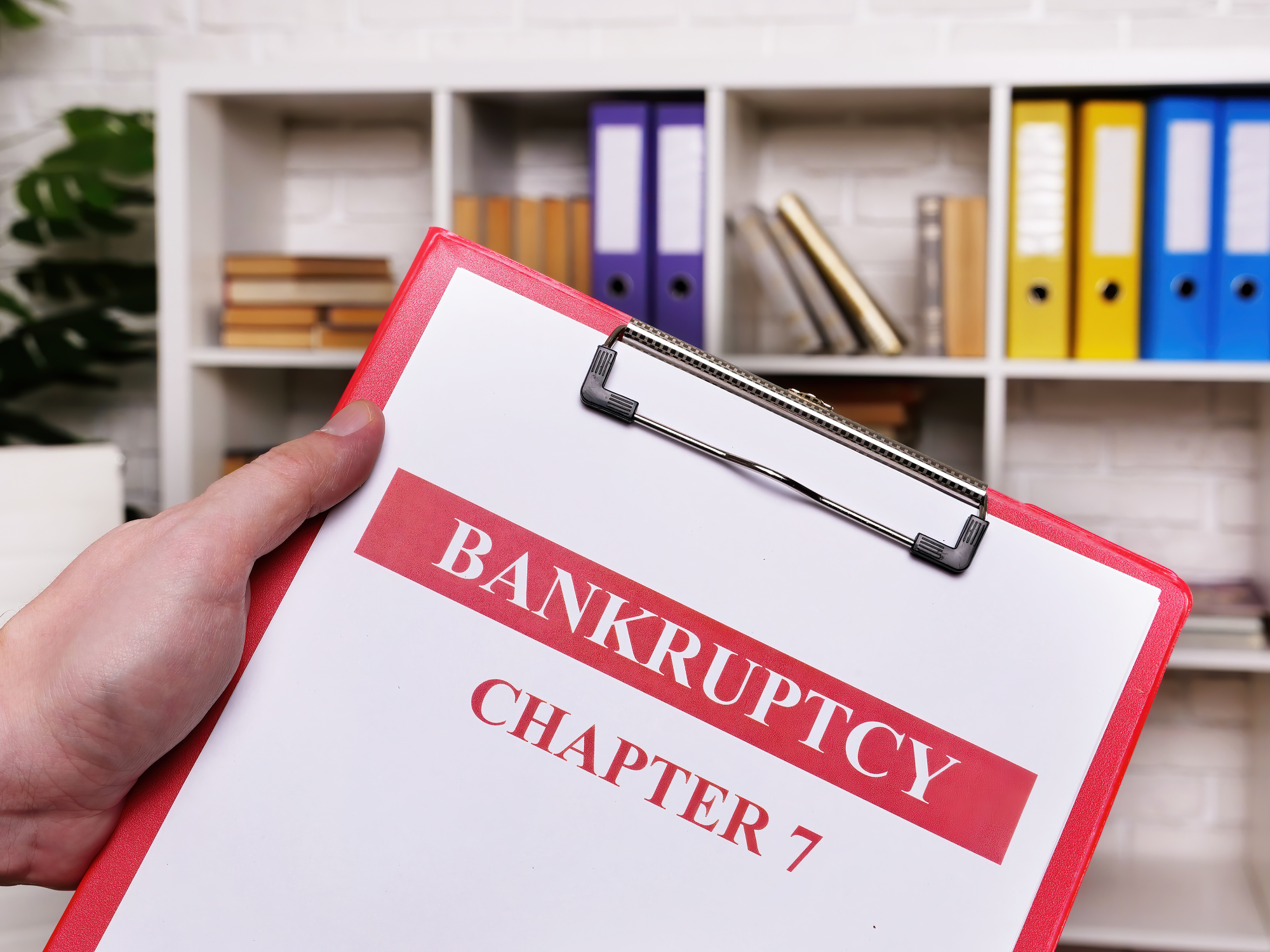 Many small businesses experience financial difficulties and finally reach an unacceptable debt level. In that case, if you are a business owner or joint owner, you might be asking whether you are responsible for your company’s obligations and whether declaring Chapter 7 bankruptcy can shield you from personal liability and protect your assets. The answer mostly depends on the organizational structure of your business.
Many small businesses experience financial difficulties and finally reach an unacceptable debt level. In that case, if you are a business owner or joint owner, you might be asking whether you are responsible for your company’s obligations and whether declaring Chapter 7 bankruptcy can shield you from personal liability and protect your assets. The answer mostly depends on the organizational structure of your business.
Keep reading to learn more and then contact Law Offices of Terrence Fantauzzi at (909) 552-1238 if you would like to speak to a Chapter 7 bankruptcy lawyer in Rancho Cucamonga.
Sole proprietorships and Chapter 7
If your business is a sole proprietorship, its debts are your personal responsibility. It’s excellent news that you can file a Chapter 7 in your own name and get rid of all eligible unsecured debt, including both personal and business debt. Debts including past-due rent, loans, utility bills, lease and contract responsibilities, and personal loans may be cancelled as a result.
Since Chapter 7 treats a sole proprietor as an individual, you can declare exemptions to safeguard both personal and business property. If you own a service business, you might be able to carry on if you so choose. However, if your company has employed expensive machinery and supplies, such things are probably not excluded and would be auctioned by the trustee, which might mean you are unable to continue in business.
Partnerships and Chapter 7
In a general partnership, all partners are still personally liable for the business debt even after filing for Chapter 7 bankruptcy. The Chapter 7 trustee can seize the partners’ private assets in addition to selling off business assets to satisfy creditors. The partners may each submit a Chapter 7 bankruptcy case, nevertheless.
Limited partnerships are similar to general partnerships, with the exception that the limited partners are not personally liable. When it comes to limited liability partnership, this legal form shields all partners from personal responsibility for any debts incurred by the business. Your Chapter 7 bankruptcy lawyer in Rancho Cucamonga can answer any questions you might have about this.
Corporations and LLCs
These legal entities have the ability to file a Chapter 7 bankruptcy, in which the trustee liquidates the business and it is declared insolvent. Owners are not responsible for business debts unless they made a personal guarantee or disregarded specific legal requirements that would have protected them from the creditors of the company.
The bottom line from a Chapter 7 bankruptcy lawyer in Rancho Cucamonga
You must ascertain whether you personally insured any business loans if your company is organized differently from a sole proprietorship. For instance, a lender might have forced you to sign as a co-signer on a business loan, leaving you personally responsible for the business’s debts. Your lawyer will need to conduct research on the possibility of eliminating specific personal guarantees in Chapter 7.
Every small business bankruptcy case is unique, and Law Offices of Terrence Fantauzzi has experience addressing a variety of business debt workouts. Call us now at (909) 552-1238 to set up an appointment with a Chapter 7 bankruptcy lawyer in Rancho Cucamonga CA.
